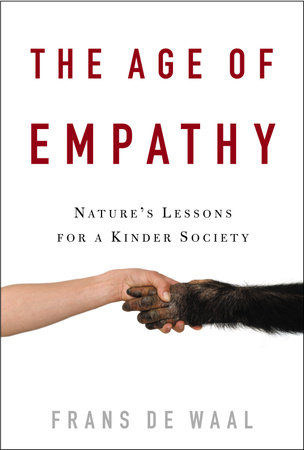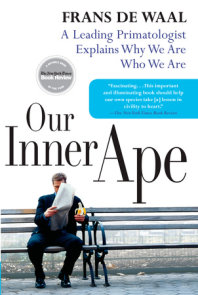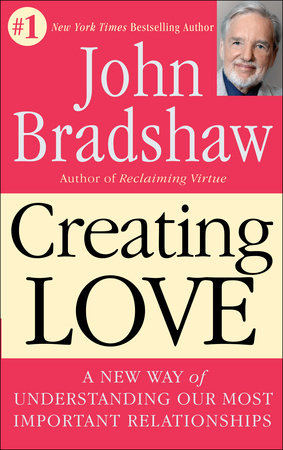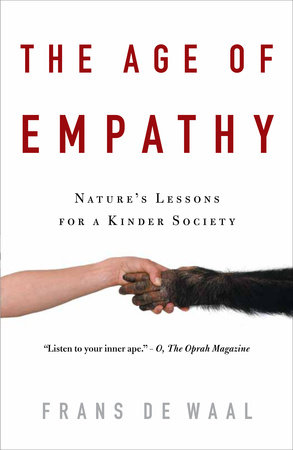

The Age of Empathy
By Frans de Waal
By Frans de Waal
By Frans de Waal
By Frans de Waal
Category: Psychology | Science & Technology
Category: Psychology | Science & Technology

-
$21.00
Sep 07, 2010 | ISBN 9780307407771
-
Sep 22, 2009 | ISBN 9780307462527
YOU MAY ALSO LIKE
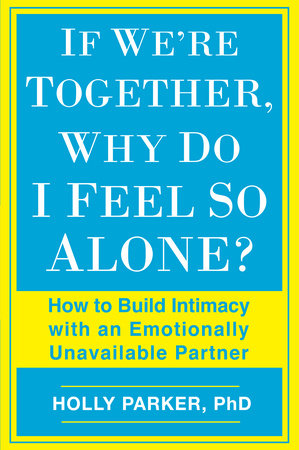
If We’re Together, Why Do I Feel So Alone?
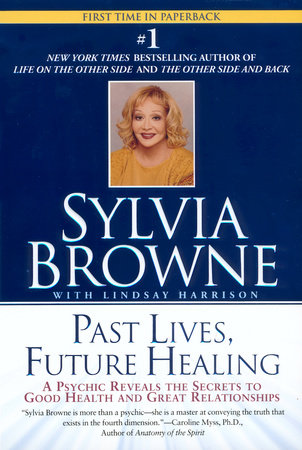
Past Lives, Future Healing
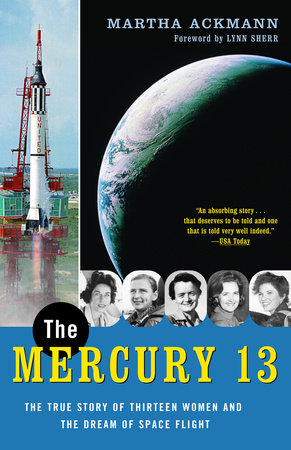
The Mercury 13
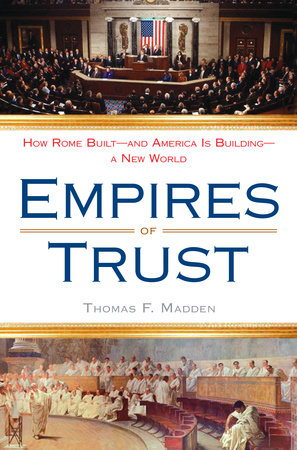
Empires of Trust
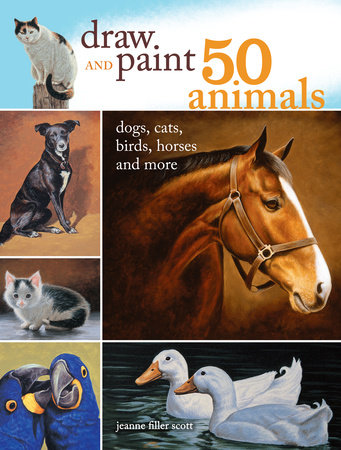
Draw and Paint 50 Animals
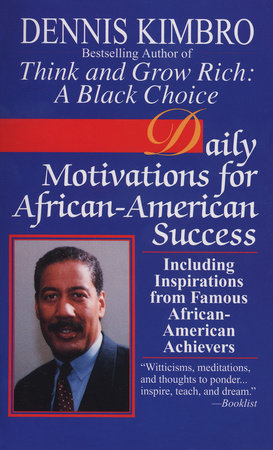
Daily Motivations for African-American Success
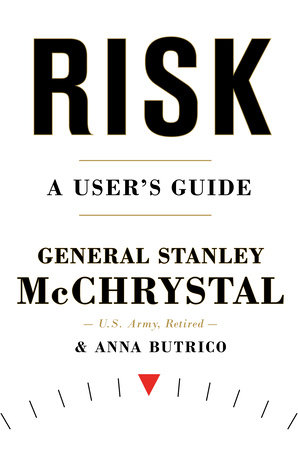
Risk
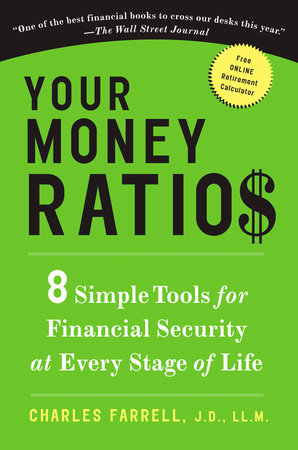
Your Money Ratios
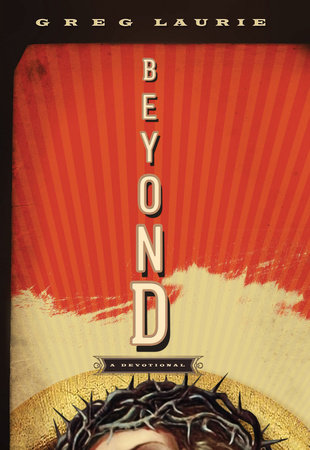
Beyond
Praise
“A pioneer in primate studies, Frans de Waal sees our better side in chimps, especially our capacity for empathy. In his research, Dr. de Waal has gathered ample evidence that our ability to identify with another’s distress — a catalyst for compassion and charity — has deep roots in the origin of our species. It is a view independently reinforced by recent biomedical studies showing that our brains are built to feel another’s pain.”
—Robert Lee Hotz, The Wall Street Journal
“It’s hard to feel the pain of the next guy. First, you have to notice that he exists…then realize that he has different thoughts than you…and different emotions…and that he needs help…and that you should help because you’d like the same done for you…and, wait, did I remember to lock the car?…and… Empathy is often viewed as requiring cognitive capacities for things like theory of mind, perspective taking and the golden rule, implying that empathy is pretty much limited to humans, and is a fairly fragile phenomenon in us. For decades, Frans de Waal has generated elegant data and thinking that show that this is wrong. In this superb book, he shows how we are not the only species with elements of those cognitive capacities, empathy is as much about affect as cognition, and our empathic humanity has roots far deeper than our human-ness.”
—Robert Sapolsky, author of Why Zebras Don’t Get Ulcers and A Primate’s Memoir
“The lessons of the economic meltdown, Hurricane Katrina, and other disasters may not be what you think: Biologically, humans are not selfish animals. For that matter, neither are animals, writes the engaging Frans de Waal, a psychology professor with proof positive that, like other creatures who hang out in herds, we’ve evolved to be empathetic. We don’t just hear a scream, it chills us to the bone; when we see a smile, we answer with one of our own. THE AGE OF EMPATHY offers advice to cutthroat so-called realists: Listen to your inner ape.”
—O, The Oprah Magazine
“Freshly topical….a corrective to the idea that all animals—human and otherwise—are selfish and unfeeling to the core.”
—The Economist
“Without question, de Waal’s essential findings should become part of mainstream conversation. But we need to go further by joining them with a radical political analysis, one that spells out the cultural mechanisms that give rise to an empathy-deficient society. Only then can we reclaim the continuity of morality that emerges so eloquently from these pages.”
—Gary Olson, The Baltimore Chronicle
“De Waal, a renowned primatologist, knows the territory firsthand. He writes clearly and plays fair; he takes on the strongest arguments against him and is quick to acknowledge complexity. His book is popular science as it should be, far superior to the recent spate of “Darwin made me do it” books that purport to explain (or explain away) our behavior.”
—Edward Dolnick, Bookforum
“De Waal is an excellent tour guide, refreshingly literate outside his field, deft at stitching bits of philosophy and anthropology into the narrative. He is also pleasingly opinionated; he seems to have columnist aspirations of his own, and his frequent – usually thoughtful and balanced, occasionally facile – digressions on morality and U.S. politics read like boilerplate New York Times editorials.
Empathy, de Waal says, is one of our most innate capacities, one that likely evolved from mammalian parental care. It begins in the body, a deep unconscious synchrony between mother and child that sets the tone for so many mammalian interactions. When someone smiles, we smile; when they yawn, we yawn; emotion is contagious.”
—Jeff Warren, Globe & Mail
“Given the nature of business survival in a competitive world, de Waal’s clarion call that greed is out and empathy is in, may be a call we should all hear.”
—Ray Wlliams, Psychology Today
“If Dawkins is Huxley’s intellectual descendant, de Waal is certainly Kropotkin’s. Whereas Dawkins holds that biology will be of little help in building a just society, de Waal is less convinced that we are at war with our nature. Rather, he finds it odd that those instances of spontaneous altruism shown in the aftermath of the 9/11 attacks or during the Katrina disaster could somehow be considered unnatural.”
—Eric Michael Johnson, SEED
“The endeavor has majesty. It also affirms a very unmajestic human experience: Our emotions are a mess. Of course they are—they are accumulated bits of psychic life thrown together over millions of years by evolution with no oversight or quality control about what they actually feel like. Just because we have a single word for a feeling or trait now doesn’t mean that it is homogenous or discrete.
Developing an appreciation of this complexity, de Waal suggests, could actually combat one of the least helpful of human tendencies: the impulse—not innate but socially very contagious—to reductively assume our biology is bad.”
—Christine Kenneally, Slate
“De Waal…culls an astounding volume of research that deflates the human assumption that animals lack the characteristics often referred to as ‘humane.’ He cites recent animal behavior studies that challenge the ‘primacy of human logic’ and put animals on a closer behavioral footing with humans…..Throughout the book, de Waal illustrates how behaving more like our wild mammalian cousins may just save humanity. His contention, colored by philosophical musings and fascinating anecdotes of observed emotional connections between animals, argues persuasively that humans are not greedy or belligerent because animals are; such traits are far from organic or inevitable but patently manmade.”
—Publisher’s Weekly
“Addressing the question of whether it is possible to ‘combine a thriving economy with a humane society’ zoologist de Waal answers with a resounding yes….De Waal cites the ‘evolutionary antiquity’ of empathy to argue that ‘society depends on a second invisible hand, one that reaches out to others.’ An appealing celebration of our better nature.”
—Kirkus
“[De Waal’s] illuminating description and explanation of his research have made progressively more magnetic reading (and viewing of the exceptionally illustrative photos and drawings) of eight previous books and don’t fail him now.”
—Booklist
Praise for Our Inner Ape by Frans de Waal
“This important and illuminating book should help our own species take that lesson in civility to heart.”
—Temple Grandin, New York Times
“Frans de Waal’s work . . . has helped lift Darwin’s conjectures about the evolution of morality to a new level.”
—Jonathan Weiner, author of The Beak of the Finch
“Frans de Waal has achieved that state of grace for a scientist–doing research that is both rigorous and wildly creative, and in the process has redefined how we think about the most interesting realms of behavior among nonhuman primates–cooperation, reconciliation, a sense of fairness, and even the rudiments of morality.”
—Robert M. Sapolsky, author of Why Zebras Don’t Get Ulcers and A Primate’s Memoir
“Frans de Waal is uniquely placed to write a book on the duality of human nature and on its biological origins in other primate species. No other book has attempted to cover this ground. Few topics are as timely to the understanding of the human mind and behavior.”
—Antonio Damasio, author of Descartes’ Error
“On the basis of a fascinating and provocative account of the remarkable continuities between the social emotions of humans and of nonhuman primates, de Waal develops a compelling case for the evolutionary roots of human morality.”
—Harry G. Frankfurt, author of On Bullshit
21 Books You’ve Been Meaning to Read
Just for joining you’ll get personalized recommendations on your dashboard daily and features only for members.
Find Out More Join Now Sign In






